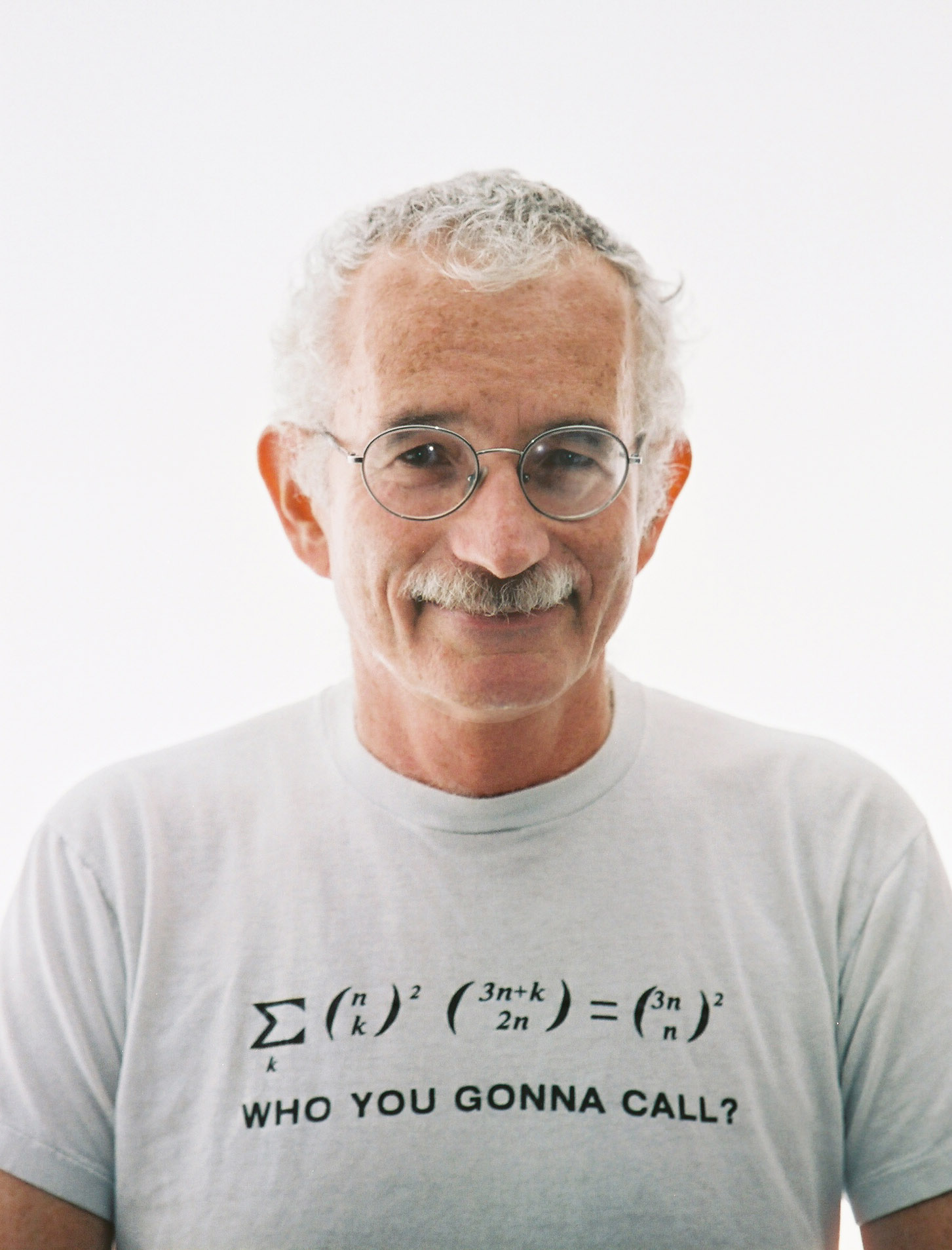from "Doron Zeilberger's 126th Opinion", Dr. Z's Homepage http://www.math.rutgers.edu/~zeilberg/Opinion126.html
Doron Zeilberger: Zitate auf Englisch
“Math is perfect (in principle), but mathematicians are not (because they are humans)”
Computerized Deconstruction. Appeared in Adv. Appl. Math. v. 31 (2003), 532-543.
Kontext: Math is perfect (in principle), but mathematicians are not (because they are humans), hence the mathematics that (human) mathematicians do is influenced by the weltanschauung of the people around them.
An Enquiry Concerning Human (and Computer!) [Mathematical] Understanding C.S. Calude, ed., "Randomness & Complexity, from Leibniz to Chaitin", World Scientific, Singapore, (October 2007)
Kontext: Algorithms existed for at least five thousand years, but people did not know that they were algorithmizing. Then came Turing (and Post and Church and Markov and others) and formalized the notion.
"Real" Analysis is a Degenerate Case of Discrete Analysis. Appeared in the book "New Progress in Difference Equations"(Proc. ICDEA 2001), edited by Bernd Aulbach, Saber Elaydi, and Gerry Ladas, and publisher by Taylor & Francis, London, 2004.
“Regardless of whether or not God exists, God has no place in mathematics, at least in my book.”
An Enquiry Concerning Human (and Computer!) [Mathematical] Understanding C.S. Calude, ed., "Randomness & Complexity, from Leibniz to Chaitin", World Scientific, Singapore, (October 2007)
" " (nothing) published in the Personal Journal of Shalosh B. Ekhad and Doron Zeilberger
Self-Avoiding Walks, the language of science, and Fibonacci numbers. J. Stat. Inference and Planning, 54(1996), 135-138.
“Programming is much much harder than doing mathematics.”
The Narrow-Minded and Ignorant Referee's Report [and Zeilberger's Response] of Zeilberger's Paper "Automaric CounTilings" that was rejected by Helene Barcelo and the Members of the Advisory Board [that includes(!) Enumeration Expert Mireille Bousquet-Melou] of the Journal of Combinatorial Theory-Series A.
The Narrow-Minded and Ignorant Referee's Report [and Zeilberger's Response] of Zeilberger's Paper "Automaric CounTilings" that was rejected by Helene Barcelo and the Members of the Advisory Board [that includes(!) Enumeration Expert Mireille Bousquet-Melou] of the Journal of Combinatorial Theory-Series A. http://www.math.rutgers.edu/~zeilberg/RefTipesh.html
[Kathy O'Hara's constructive proof of the unimodality of the Gaussian polynomials, Amer. Math. Monthly, 96, 1989, 592 of 590–602, http://www.maa.org/programs/maa-awards/writing-awards/kathy-oharas-constructive-proof-of-the-unimodality-of-the-gaussian-polynomials]
